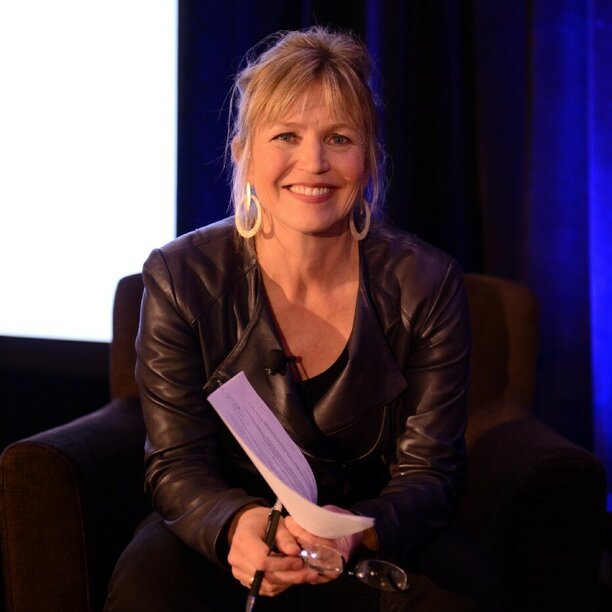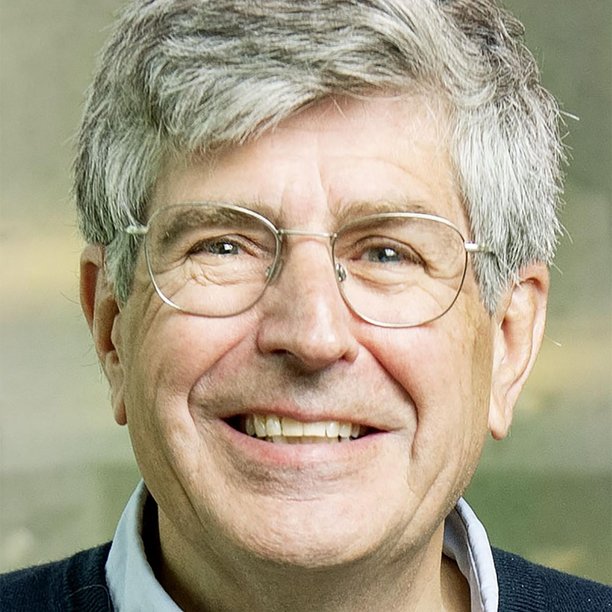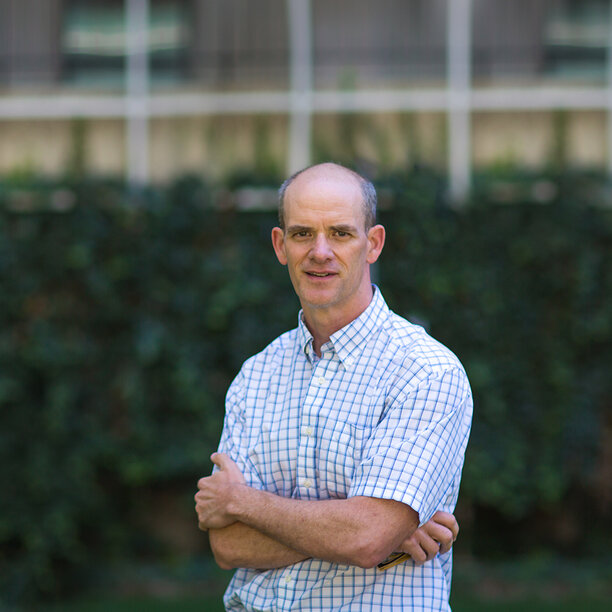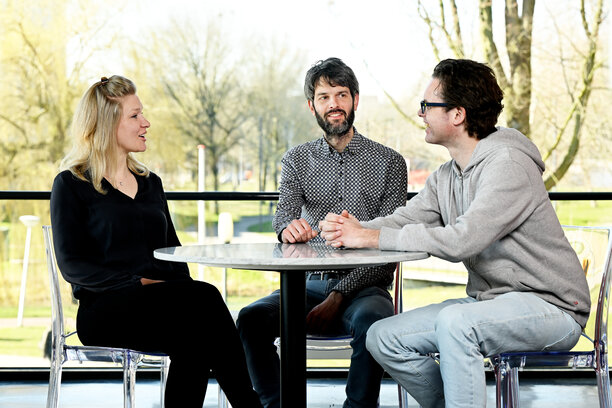We're celebrating science on the first TU/e Research Day
Put it in your calendar: the first TU/e Research Day will take place on May 12. During this festive event, we will celebrate science with a focus on meeting scientists and talking about science.
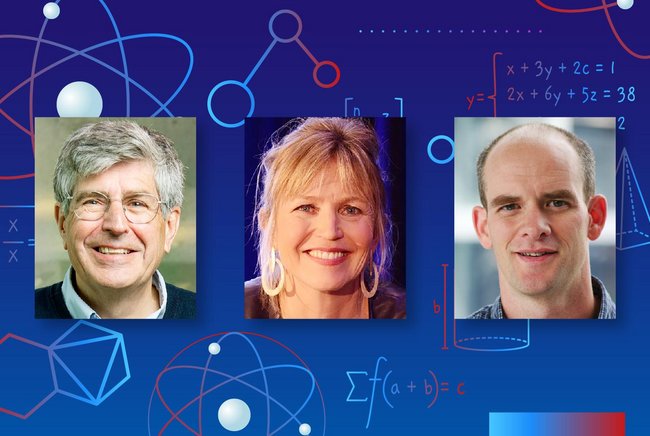
During the first TU/e Research Day on May 12, we will celebrate science together with the three honorary doctorates who were announced in our lustrum year. They will be center stage during a ‘college tour’ alongside Rector Frank Baaijens. TU/e researchers will also be in the spotlight on May 12, when the first TU/e Science Awards will be presented. There are three categories: the Young Researcher Award, the Groundbreaking Researcher Award and the Leadership in Excellence Award.
Honorary doctorates in the spotlight
In our lustrum year of 2021, three professors from prestigious American universities received honorary doctorates from TU/e: numerical mathematician Margot Gerritsen (Stanford University), chemical technologist Klavs Jensen (MIT) and biomedical engineer David Mooney (Harvard University). Due to the corona measures, we were unable to celebrate our honorary doctorates during the academic celebration of MomenTUm 2021. This was one of the motivations behind the creation of the TU/e Research Day.
A day for science
“The TU/e Research Day aims to put the university’s research and researchers in the spotlight. As a result, we will also award honorary doctorates on this day from now on. These scientists and academics have made a special contribution to science. In addition, we would like to use the three awards in different age categories to appreciate our own researchers who have made a special scientific contribution,” says Rector Frank Baaijens. “We aim to make the TU/e Research Day an annual event as well.”
TU/e Science Awards 2022
This year, we are also presenting the TU/e Science Awards for the first time. With these awards, we want to recognize and appreciate our researchers at different stages of their careers. Three different awards have been created - each rewarded with 15,000 euros, to be spent on activities to develop the scientists' career:
- Young Researcher Award - a promising young scientist with groundbreaking research ideas
- Groundbreaking Researcher Award - a scientist with pioneering research results
- Leadership in Excellence Award - a nationally or internationally prominent scientist
Each year, the different awards will be open to different research domains and departments. This year, the Young Researcher Award can be won by scientists in the engineering domain (the departments of Mechanical Engineering, Electrical Engineering and the Built Environment). The Groundbreaking Researcher Award will be awarded in the science domain (Applied Physics, Biomedical Engineering, Mathematics & Computer Science, Chemical Engineering & Chemistry). Finally, this year’s Leadership in Excellence Award is for the design & management domain (Industrial Design, Industrial Engineering & Innovation Sciences). Built Environment will alternate between the engineering and design & management domains every three years.
The jury for each award consists of the rector magnificus and the deans of the departments not competing for the award.
Don’t miss out
This year’s TU/e Research Day will be held on May 12. All students and staff are cordially invited to join in the celebration of science on this day. “We are finally able to meet each other again and talk about science. So, I say: grab this opportunity!” says Baaijens. You can find the program and register for the event here.
More on our strategy
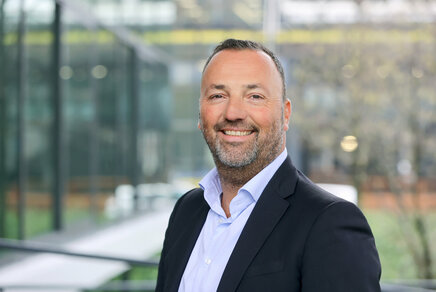

![[Translate to English:] [Translate to English:]](https://assets.w3.tue.nl/w/fileadmin/_processed_/c/f/csm_BvOF_2024_0319_AEV_license_TUe_Dirk_van_Meer_-_CORE_1__c976e259a5.jpg)
